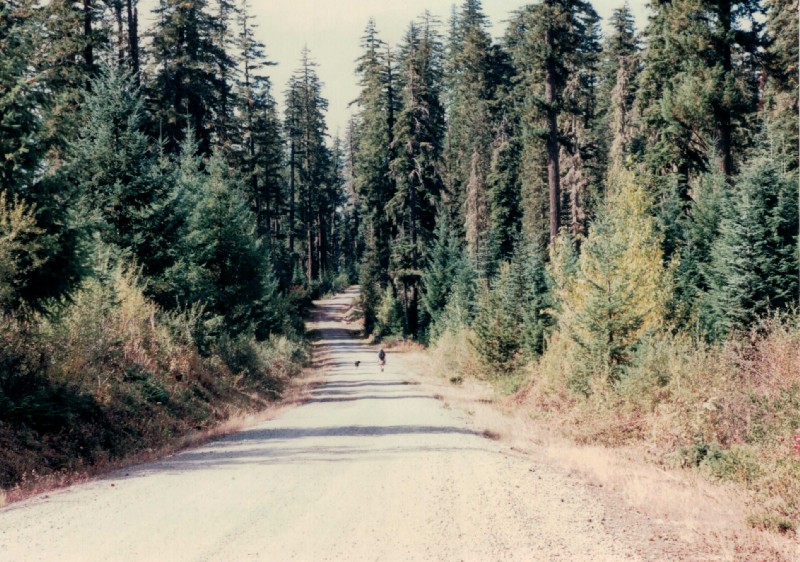The power of patience in a relationship

The other day I attended a wedding by myself. The daughter of one of my husband’s best friends was getting married, and I didn’t find out until the night before that my husband couldn’t go. Instead of dwelling on my irritation, I opted for patience. I’ve come to believe it’s a hallmark of a successful marriage.
Beware of Disappointments
I’d been looking forward to the wedding, an opportunity for my husband and I to have some fun on the dance floor. The last time we did that was for a friend’s wedding five years ago. I bought a new dress, new shoes, even an underwire strapless bra, all of which felt like a violation of my tomboy self.
The night before the wedding, when I said that the weather looked promising for an outdoor ceremony in Oklahoma in July, meaning it would be 85 degrees instead of 95, he broke the news.
“That’s tomorrow?” he said. “I can’t go.”
“What do you mean?” I asked. “We’ve known about this for months.”
His IT job required that he work the late shift. They were low on manpower, they said. The project wasn’t going well, they said. Sorry, no memory-making for you, they said.
My husband would miss an important moment in a friend’s life. We would miss the opportunity to dance together, to celebrate our six years of marriage and the start of the newlyweds’ journey together.
Even as I write this, a twinge of anger rises. At first, I directed it toward my husband. Why didn’t he take the day off? They wouldn’t have let him, he said, not for a wedding. Now, I direct it at the appropriate source — his crappy job.
Cherish Your Wedding Day
After accepting my dateless status, I thought about words of wisdom to write on the wedding card I bought. The first thing that came to mind: patience.
I’m not talking about being patient with a bad marriage. Life is too short to stay in a negative situation. I’m referring to the little things — dirty dishes, strewn socks, forgotten weddings— the small stuff that we can either keep small or blow up into exaggerated proportions.
No one’s perfect. We all have our quirks, which may stay hidden until well after the last piece of wedding cake is gone. What remains when the honeymoon phase wears off and we’ve removed the rose-colored glasses?
The card I picked out popped up into a scene of a couple on a bridge over a stream meandering next to a willow tree. It made me think of the wedding venue — a lush landscape of thick oak and hickory trees, a lawn like carpet, a low waterfall built from native stone surrounded by the pinks and purples and yellows of wildflowers, a view of a lake sparkling in the summer sun.
“Cherish this day,” I wrote inside the card.
I didn’t write anything about patience or how their love will change over time. They’ll figure these things out on their own. They don’t need me to tell them.
But in those words, I hope they get my meaning. When the going gets tough, when your spouse does something that makes you want to throw up your hands and walk away, remember your wedding day. It happened for a reason.
Return to the Beginning
When I get frustrated, I think about what made me fall in love with my husband — the way he makes me laugh every day, the way he cooks me meals better than what most restaurants offer, the way he supported me through my Ph.D. and supports me in my writing, the way he makes me feel important.
I remember the way he loves me unconditionally. He does the same for me when I’ve done some boneheaded thing.
Patience isn’t the only trait necessary for a lasting marriage. Love, of course, and open communication, honesty, fidelity. They’re all crucial. But patience is up there on the importance scale.
In something of a bonus prize, I’ve found that practicing patience with my husband has made me more patient overall, including being patient with myself. I’m my own worst critic, and patience is the way I’ve found to lower the volume of my inner critic’s voice.
The next time you find yourself getting impatient with your spouse, try remembering what made you fall in love in the first place. Then ask yourself who suffers from your impatience. Likely, it’s both of you, which means the marriage suffers as well.
I think where any relationship is concerned, a Greek proverb says it all —
“One minute of patience, ten years of peace.”
Originally published in Indelible Ink on Medium on July 25, 2019.











